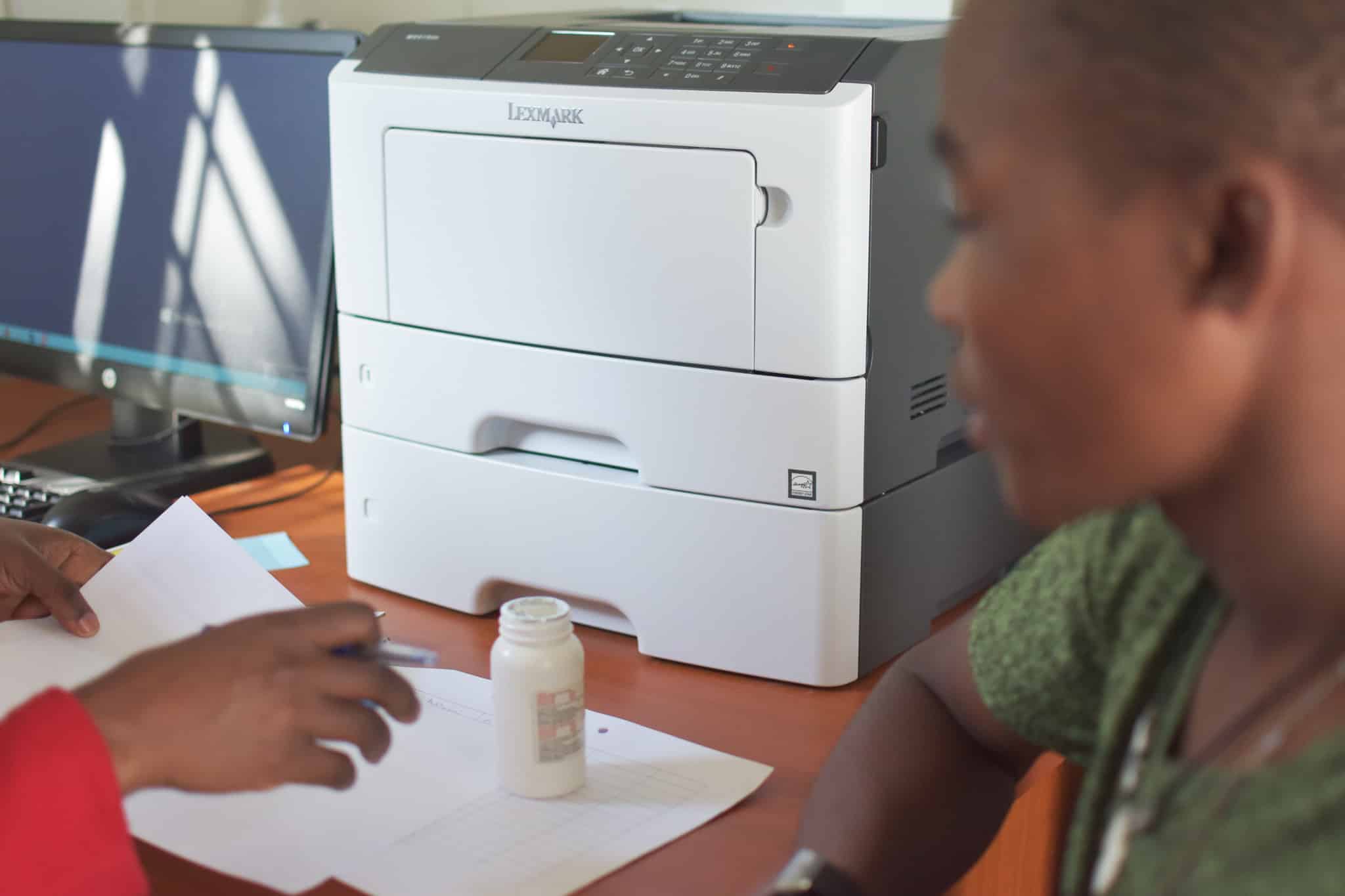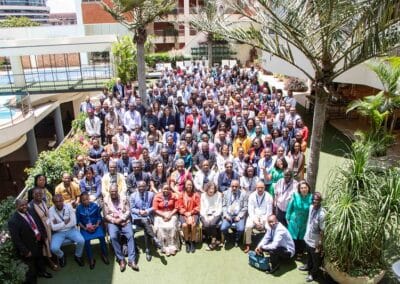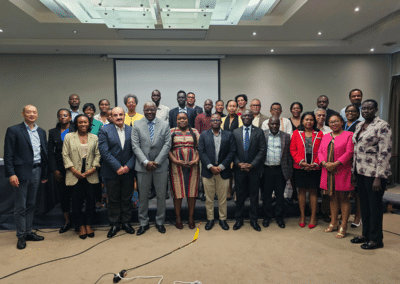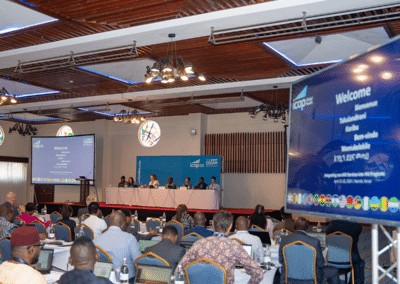For adolescents living with HIV in Eswatini, teen clubs are a lifeline. The clubs are a haven for adolescents, who rely on their club leaders and each other for psychological and social support and is also where they pick up their monthly antiretroviral treatment (ART).
But after the COVID-19 crisis led the government of Eswatini to declare a state of emergency in March, the National AIDS Program suspended teen club meetings to prevent transmission of the novel coronavirus, leaving thousands of young people living with HIV in need of a way to get their ART.
To ensure people living with HIV have continued access to ART during the COVID-19 crisis, the Eswatini Ministry of Health implemented multi-month dispensing (MMD) for all clients on chronic treatment. “Twenty thousand HIV clients will receive six-month refills,” said Hervé Kambale, MD, MPhil, differentiated service delivery advisor for the Eswatini National AIDS Program (ENAP).
Eswatini’s adolescents are part of this group with the indefinite suspension of their club activities – though under a slightly different MMD schedule.
“We are giving most of the teenagers treatment for three months,” said Nobuhle Mthethwa, national pediatric HIV care and treatment coordinator for ENAP, explaining the MMD structure for adolescents. “We are also giving the teenagers who don’t usually adhere to treatment one month, under close supervision until the pandemic dies down.”
Clinic staff at the teen club sites announced the indefinite suspension of gatherings at teen club meetings when Eswatini’s social distancing measures began and notified caregivers and parents about the suspension. They continue to keep in touch with teen club members via phone to remind them to take their medication and to take precautions to protect themselves against contracting COVID-19. Teens will only come to health facilities for drug pickups and blood work.
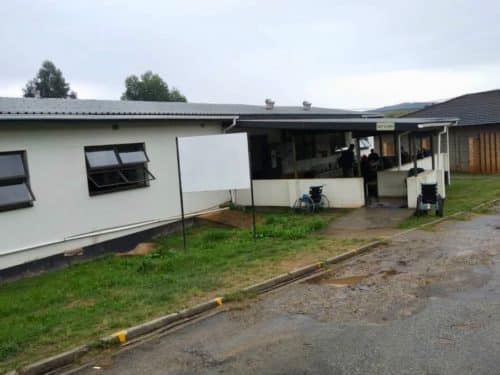
Makanye Government Hospital ART clinic – one of the sites that host teen clubs.
In Eswatini, 5,223 teenagers receive adolescent sexual, reproductive health, and HIV support services at teen clubs. The 91 teen clubs, which usually meet once a month at a health facility or community designated area, represent one of Eswatini’s community-centered differentiated service delivery (DSD) models for antiretroviral therapy (ART).
“These clubs are safe spaces to empower teenagers to share their experiences and learn about how to manage their health living with HIV,” said Mthethwa.
Teen club leaders use a curriculum developed by the Ministry of Health to guide club activities such as drama, crafts, discussions on reproductive health, stigma, and discrimination. The clubs aim to provide psychosocial support for members, who include both adolescents living with HIV and adolescents who do not have HIV.
“Attending teen club helped me a lot,” said one 17-year-old who just graduated from teen club to youth club, a group for older teenagers. “I learned everything about caring for myself from the teen club meetings,” he said.
Even though teen club members understand the reason for the suspension of their club activities, they cannot help but feel a bit disappointed.
“I was used to seeing my mates every month. They are the only other people who remind me that I am not alone in this situation of taking a pill every day,” said the 17-year-old.
Mthethwa says the Ministry of Health is doing everything it can to assure the teenagers that once COVID-19 is under control, teen clubs will reconvene. Meanwhile, Eswatini is exploring e-based and virtual messaging as an alternative outlet and resource for teenagers to address their concerns on HIV and COVID-19.


